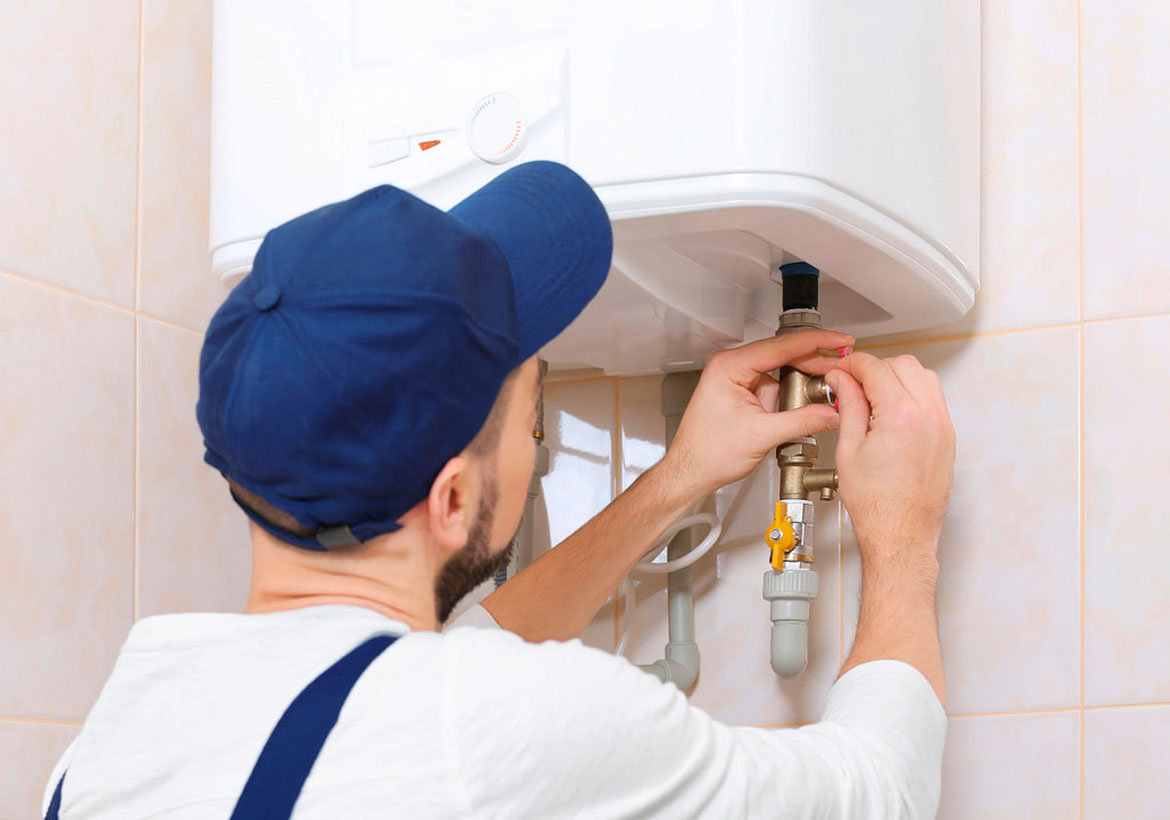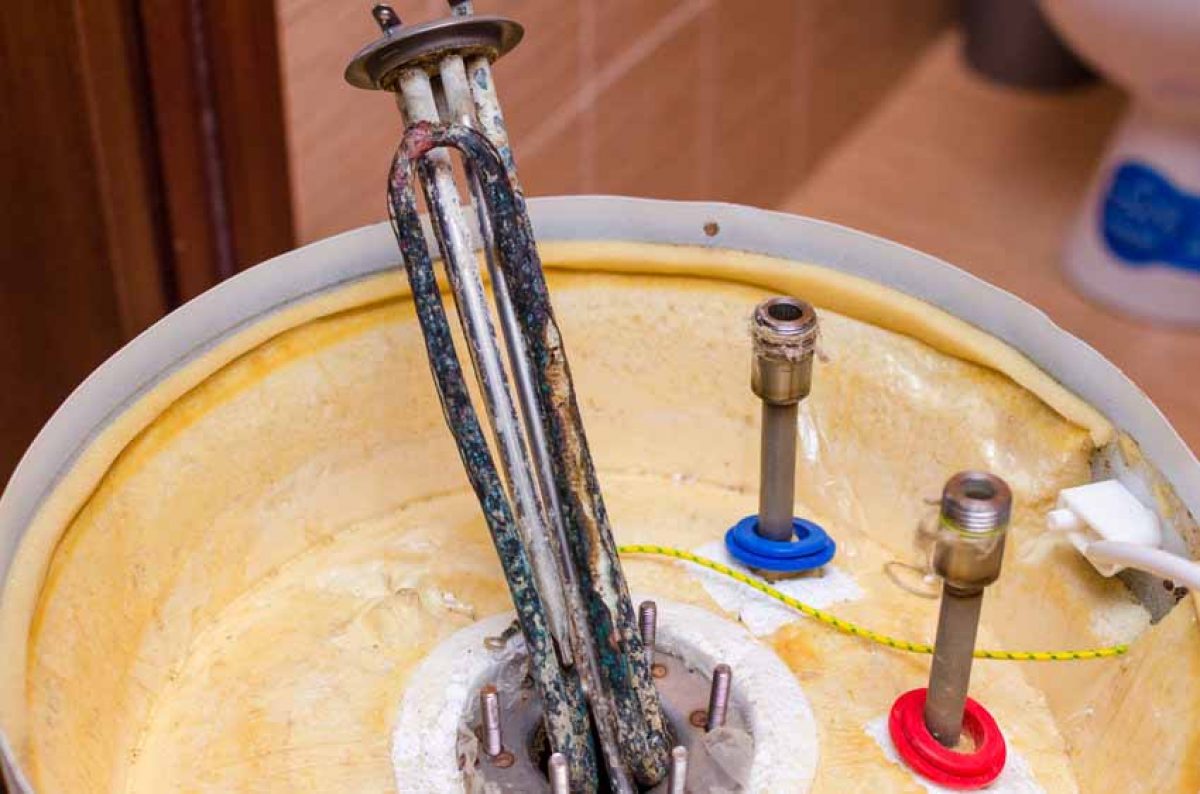Crucial Advice for Residential Property Owners Managing Malfunctioning Water Heaters
Crucial Advice for Residential Property Owners Managing Malfunctioning Water Heaters
Blog Article
In this article in the next paragraph you can get some very good facts in relation to How to Avoid a Broken Hot Water Heater.

Whether it is situated in the cellar or a separate area, broken water heating units can trigger anxiety. Having no hot water supply is also problematic.
Shut Down Source Of Power
Prior to calling the plumber, shut down a gas water heater by turning the temperature level dial. This is generally located on top of the thermostat. Change off the circuit breaker if you have a design that runs on electric power. This will certainly stop electrocution, particularly if there is a leakage as water is a conductor. Generally, the heating element shuts down when the water hits a details temperature level. With a busted container, it may malfunction. Cutting it off assures you remain risk-free.
Cut Off the Cold Water Supply
Cut off the containers touch water supply from the source. When your storage tank is in good condition, the cool water stops filling up when the storage tank is full. If you can not discover it or reach it, you have to turn off that main water supply line outside your building.
Call the Plumber
After doing the initial two safety actions, you need to call your plumber to come right now to repair a fractured hot water heater. Nevertheless, remember that your device will not simply conk out significantly overnight. There are generally indications that your aging water heater has debris buildup in the inside. Make note of the following:
Don't wait on major flooding to call the plumber. By then, you will certainly need to invest even more to recover your property. Rather, as quickly as you spot these indicators, have actually a professional involved inspect your hot water heater give thanks to. Typically, water heaters have a life-span of regarding 8 to 12 years. With regular inspection as well as maintenance, you can prolong its life.
Tidy up Building
After calling the plumber, file damage by keeping in mind and pictures so you can declare your home owner's insurance coverage. From there, begin the instant clean-up. Secure any kind of important possessions to avoid additional saturating. Eliminate any standing water to protect against mold and also mold development. Utilize that to drain the water if you have a submersible water pump. Otherwise, the traditional pail technique will certainly likewise function. Try to wipe out every little thing, consisting of baseboards and also walls. Maintain them running to maintain air circulating if you have an electric follower and also dehumidifier. This will aid hinder mold growth.
Bear in mind, if you discover any type of problems with your water heating system, call the pros right away. You can not take this issue lightly since a malfunctioning thermostat can elevate water temp to an alarmingly high degree, leading to accidental burns.
Whether it is located in the basement or a different area, broken water heating systems can create stress. Prior to calling the plumber, closed off a gas water heating unit by transforming the temperature dial. After doing the very first two security steps, you must call your plumber to come right away to take care of a burst water heating unit. If you have a completely submersible water pump, use that to drain the water. Keep in mind, if you notice any problems with your water heating unit, call the pros right away.
8 REASONS YOUR HOT WATER HEATER IS NOT WORKING & HOW TO FIX
Water Heater Problems & Solutions
Loose or Damaged In-Line Valve
Unlike a water leak near the bottom of your water tank, a water leak on top of your system can be easily fixed. A common cause of water tank leaks includes a loose in-line valve. This is a handle that is located at the top of the water tank that is engineered to activate or deactivate the flow of water. To fix this problem, you will need to secure the nut that holds the ball or in-line valve in its location. If the leak becomes more severe once it is tightened, you will be required to travel to your local hardware store to purchase a new in-line valve for your water heater.
Damaged Pressure Relief Valve
Most types of water heaters are equipped with a pressure relief valve that is engineered to discharge pressure from the water tank when it becomes too high. If this valve on top of your water heater begins to leak, we recommend purchasing a new one online or from your local store. The process of removing and replacing pressure relief valves is not complicated.
No Warm Water
If you have an electric water heater in your home, the most typical cause of a lack of warm water is a broken heating element. Your water heater is equipped with two heating elements that are tasked with heating incoming water in the water tank. Once a heating element begins to malfunction, you will have little to no hot water to use for showering, cleaning, and laundry.
Low Supply of Hot Water
Are you continuously running out of warm water? This issue may be a byproduct of a cracked dip tube. This tube is engineered to push cold water to the base of your water tank to be heated. Once a crack or hole begins to form in the dip tube, the incoming supply of cold water may be released near the top or middle of your tank. As a result, the cold water on top of the tank will be sent to the faucets and showers in your house. This hot water heater problem can only be fixed by replacing the dip tube on your system. Since the process of installing a new dip tube is complex, we recommend calling a certified technician for help.
A low supply of warm water may also be a signal of excess sediment buildup in your water tank. As your water heater reaches the middle of its life cycle, minerals in water including magnesium and calcium will begin to collect at the base of the water tank. As the minerals continue to grow, there will be less room in the water tank to store hot water. To resolve this problem, flush your water heater to remove the excess minerals.
Water is Too Warm or Cold
If the water in your shower feels uncomfortable hot or cold, you can adjust the temperature of your water by changing the settings on your thermostat. Setting the temperature to 120 degrees Fahrenheit may help you save money on your utility bills. This is an excellent temperature to use if you’re worried about scalding or skin irritation. Does this temperature feel too cold? You may also adjust the thermostat to 140 degrees Fahrenheit to make your showers more pleasant. If your hot water heater is not working when you change the temperature, this is an indicator of a broken thermostat. Immediately find a certified plumbing or heating contractor in your area to repair or replace your thermostat.
Low Water Pressure
Low water pressure is not always caused by a malfunctioning water heater. If you live in an older home with smaller water pipes, the flow of water will be restricted prior to reaching our kitchen or bathroom skins. The only way to eliminate this hot water heater problem is to connect new ¾-inch water lines to your system. Another type of problem that may negatively impact your water pressure includes calcium deposits in water pipes.
As magnesium and calcium begin to form in your pipes, the diameter of your water lines will become smaller. As a result, the warm water from your water heater will not be able to travel in an efficient manner to your sinks or appliances. Since the process of replacing water pipes includes removing drywall, an average homeowner that does not have a plumbing license will not be able to fix this hot water heater problem.
https://www.wmhendersoninc.com/blog/8-reasons-your-water-heater-is-not-working-how-to-fix/

I stumbled upon that piece of writing about How to Avoid a Broken Hot Water Heater when browsing the web. Sharing is caring. You never know, you could be doing someone a favor. Thanks for your time spent reading it.
Quality assurance? Connect. Report this page